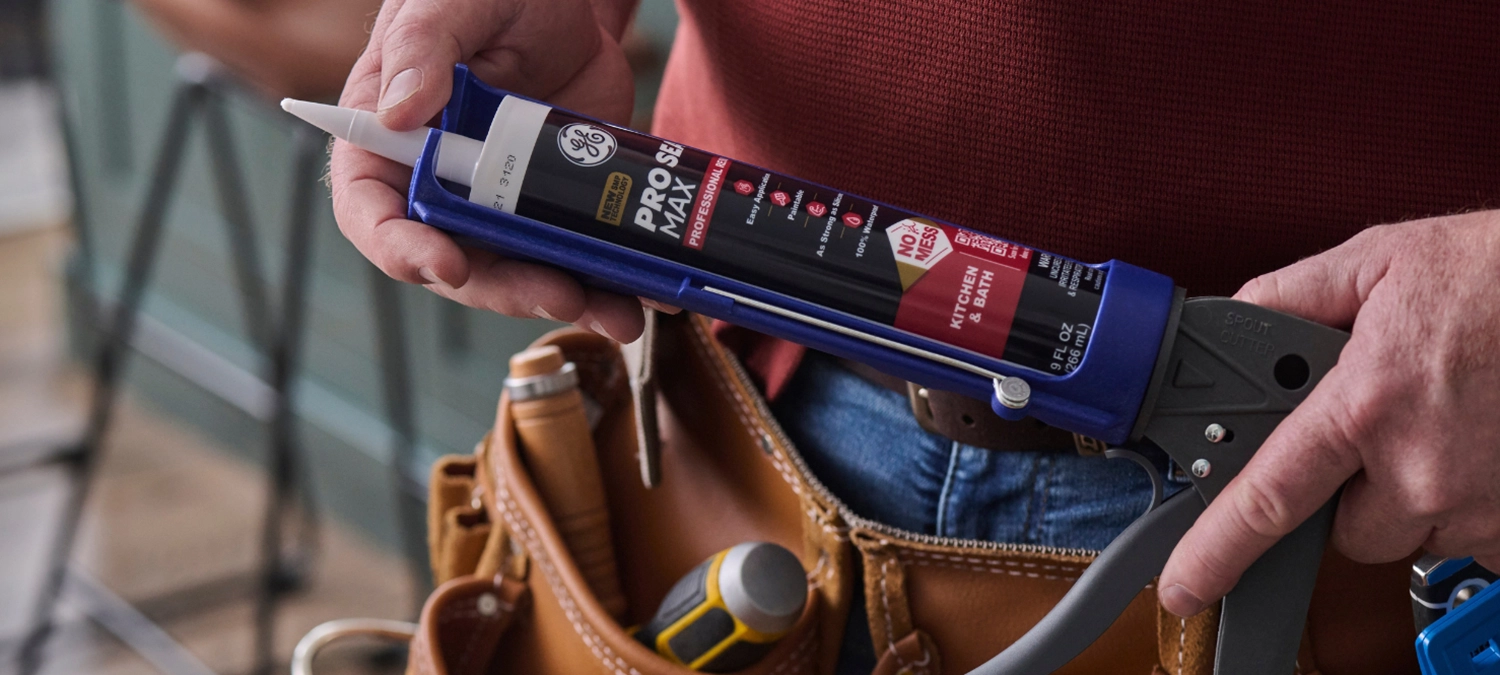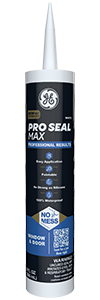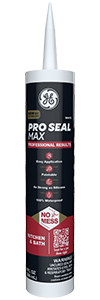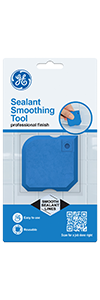Not all sealants are created equal—especially when long-term performance is on the line. For professional contractors, selecting a pro-grade sealant can mean fewer callbacks, faster turnaround, and a cleaner finish that holds up under real-world conditions. This guide explains what sets premium options like GE’s Pro Seal Max series apart, from superior adhesion and flexibility to mold resistance and curing speed.
What defines a pro-grade sealant?
Pro-grade sealants are formulated to meet the performance demands of professional contractors who rely on durability, adhesion, and ease of use to achieve high project quality and customer satisfaction. Unlike consumer-grade products, these sealants are designed for high-stress environments, offering better long-term resistance to moisture, UV exposure, and temperature extremes. One of the key differentiators is flexibility, typically rated by ASTM International Class standards.
Professional-grade sealants also deliver faster cure times and superior mold resistance, minimizing downtime and ensuring a cleaner, healthier finish in kitchens, baths, and outdoor installations. They’re formulated to adhere strongly to a wide range of materials, including tile, glass, metal, and nonporous surfaces, reducing the need for surface priming.
Pro-grade sealants are formulated to meet the performance demands of professional contractors who rely on durability, adhesion, and ease of use to achieve high project quality and customer satisfaction. Unlike consumer-grade products, these sealants are designed for high-stress environments, offering better long-term resistance to moisture, UV exposure, and temperature extremes.
Adhesion strength and surface compatibility
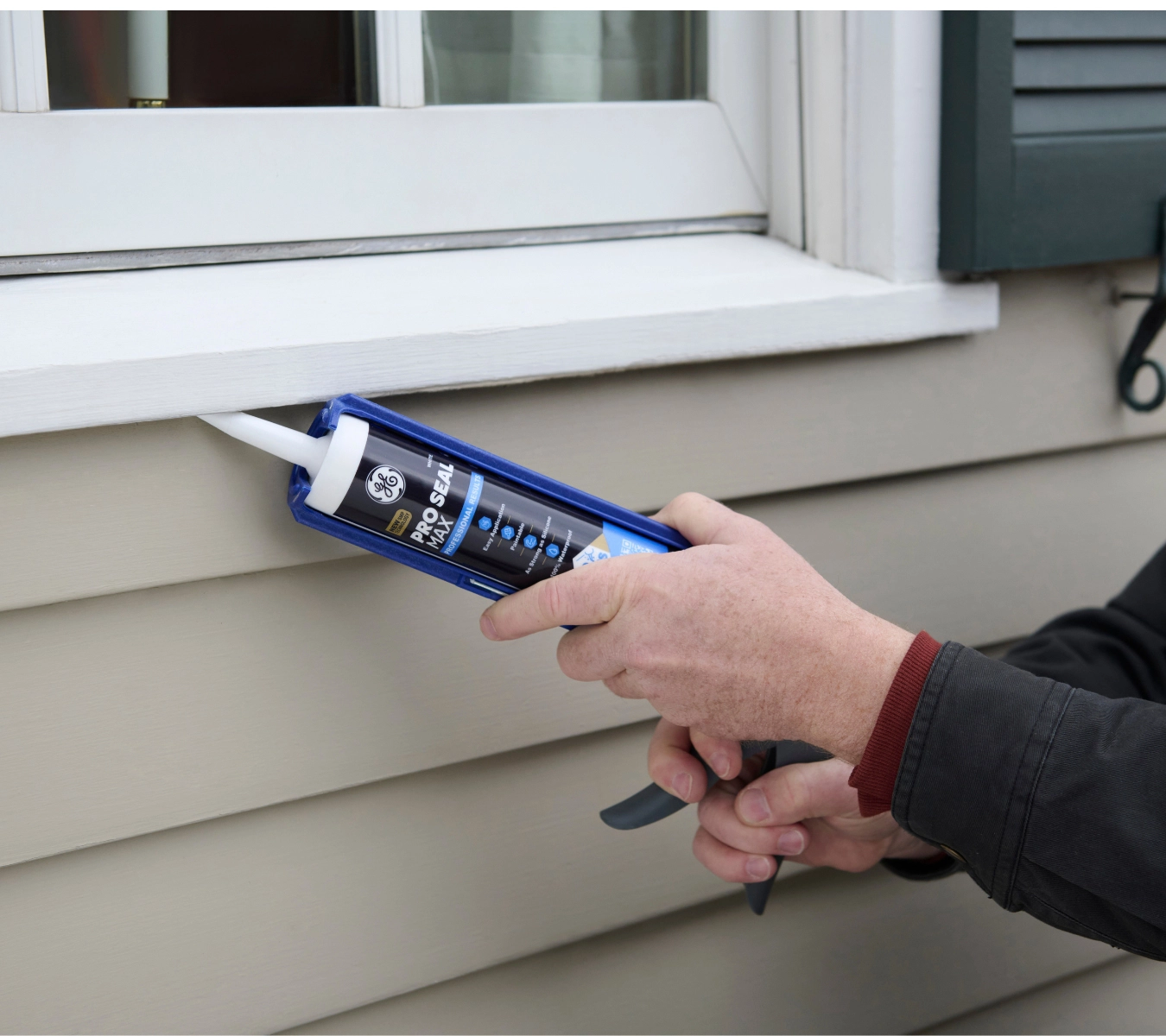
A pro-grade sealant must form a strong, lasting bond to a wide variety of substrates, even in challenging environments. Adhesion strength determines how well the sealant sticks to surfaces such as tile, glass, metal, plastic, wood, and masonry. In the field, that versatility matters—contractors don’t have time to switch products for every surface type. Pro-grade sealants like GE Pro Seal Max Window & Door are formulated to deliver excellent adhesion to both porous and nonporous materials without the need for a primer.
Surface compatibility also ensures the sealant doesn’t stain, degrade, or separate from common construction materials over time. This is particularly important in wet zones where sealants must resist constant moisture, such as kitchens, baths, and exterior joints. A high-performing sealant needs to maintain adhesion through temperature swings, surface movement, and cleaning routines. Products meeting ASTM C920 (Class 50 or higher) offer proven flexibility and adhesion that professionals can rely on for long-term jobs.
Flexibility and joint movement
In dynamic environments, joints expand and contract due to thermal shifts, humidity changes, and structural movement. A pro-grade sealant must be able to move with the materials it’s bonded to without cracking or pulling away. Flexibility is typically rated by ASTM C920 classifications—Class 25, 35, or 50—indicating the percentage of movement a sealant can handle. GE Pro Seal Max Window & Door, for example, offers Class 50 flexibility, meaning it can stretch or compress up to 50% of the joint width and still maintain a watertight seal.
This level of performance is essential in kitchens, bathrooms, windows, doors, and exteriors where movement or moisture is expected. Lower-grade acrylic caulks may harden or crack over time, especially in high-moisture or temperature-variable areas. As for acrylic caulk vs silicone, most acrylic caulks have an ASTM rating of only 12.5. Silicone sealants with a Class 50 rating stay permanently flexible, adapting to joint movement while preserving adhesion. For contractors, choosing a sealant with high flexibility ensures fewer callbacks, longer-lasting installs, and better performance across a wider range of applications.
Moisture resistance and mold defense
In high-humidity environments like kitchens, baths, and exteriors, moisture defense sets pro-grade sealants apart from the competition. A 100% silicone pro-grade sealant should always be your first choice for such areas. These sealants are designed to resist mold and mildew growth, even after years of exposure to water and cleaning agents. GE Pro Seal Max Kitchen & Bath, for instance, offers lifetime mold-free product protection, making it ideal for areas where health standards and aesthetics are non-negotiable.
Cheaper acrylic-based options may initially resist moisture, but they often break down over time, allowing water to intrude and mold to develop beneath the surface. However, silicone sealants create a watertight bond that remains intact even under frequent cleaning and repeated wetting. For professionals working in code-sensitive or client-facing installations, selecting a sealant with proven mold resistance is part of delivering a durable, hygienic, and low-maintenance final product.
Curing time and workability
Pro-grade sealants like GE’s Pro Seal Max series are water-ready in just 30 minutes, reducing delays and allowing faster project turnover—especially in high-traffic or multi-phase builds. This quick set time doesn’t compromise long-term performance, offering both speed and durability in one product.
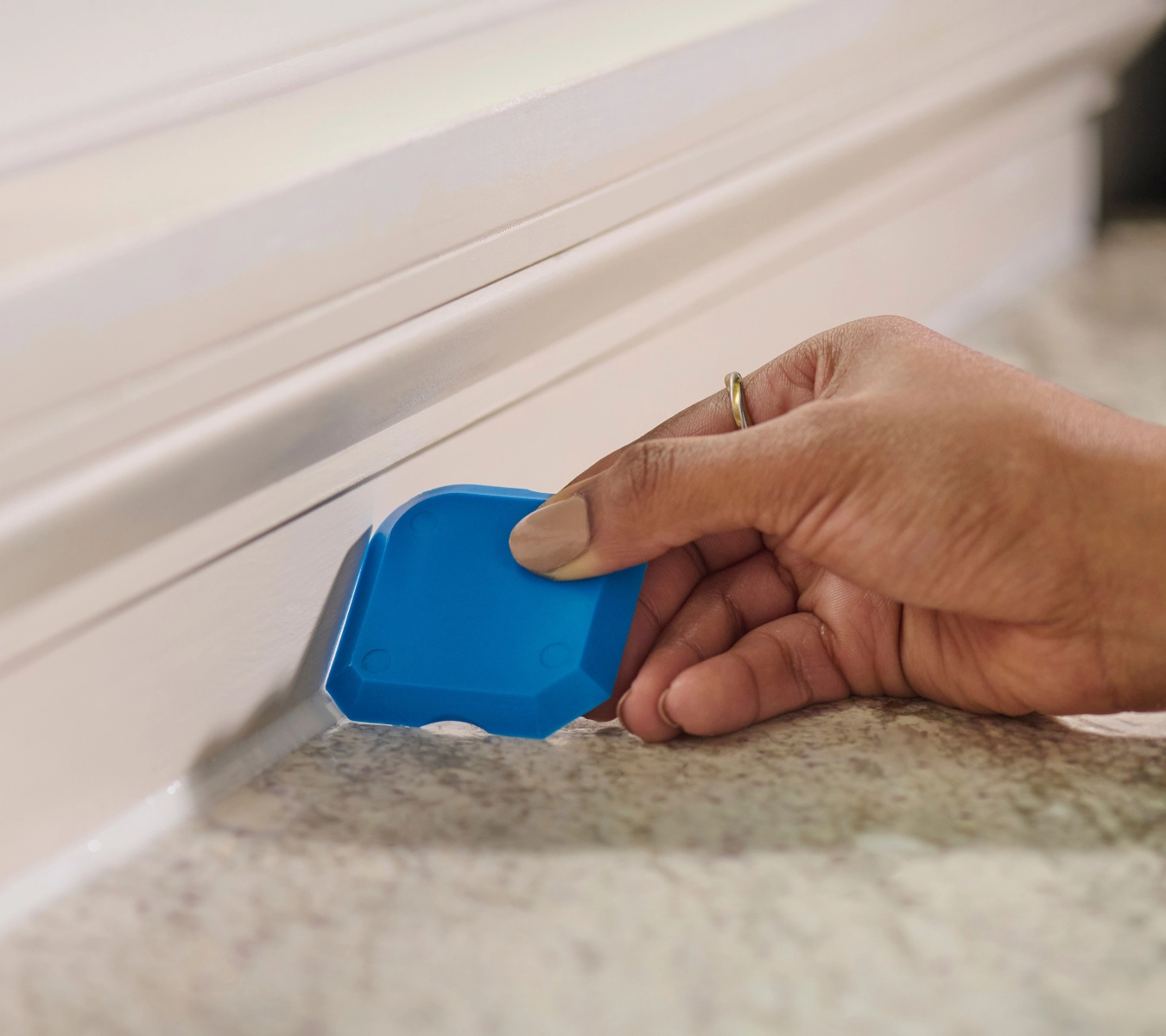
Workability also matters, particularly when sealing complex or vertical joints. Pro-grade silicone sealants typically have a smoother flow and better tooling characteristics—especially when applied with GE’s Sealant Smoothing Tool—allowing clean beads and precise finishes. They’re less prone to sagging or dragging, even in warm conditions. In contrast, lower-tier products may cure too slowly or lack the viscosity needed for a clean application, increasing cleanup. For professionals balancing quality with deadlines, using a sealant that cures quickly and applies smoothly is essential to staying on schedule while maintaining high standards.
Pro Seal Max series vs the other guys: product snapshot
What sets the GE Pro Seal Max series of sealants apart from other pro-grade sealants is real-world consistency across specialized formulations. Both Kitchen & Bath and Window & Door versions are engineered for professional use, but each is optimized for distinct environments. The Kitchen & Bath formula is designed to bond tightly to glossy surfaces like porcelain and glass without losing adhesion to wet substrates—ideal for sink perimeters and shower trim. Window & Door, on the other hand, excels in temperature extremes and is resistant to UV exposure, making it reliable for seasonal movement in outdoor joints.
Contractors also benefit from formulation consistency across both lines. Whether you’re working in high-humidity bathrooms or sealing exterior trim in freezing conditions, Pro Seal Max behaves predictably from tube to tube, minimizing callbacks. Cheaper alternatives often fail at the margin—pulling away from substrates, discoloring, or breaking down under cleaners or weather. Pro Seal Max, by contrast, gives pros a high-performance silicone option that meets the varying demands of different job types without compromising application quality or curing reliability.
To get GE Sealants’ products for your home improvement project, visit these fine retailers in the U.S. or Canada.

